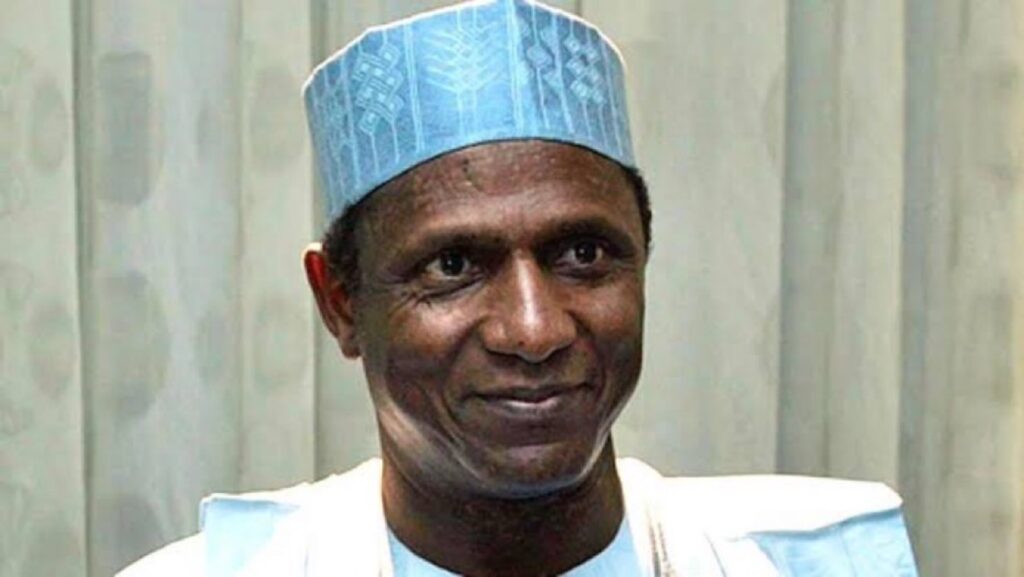
The tenure of Nigeria’s late former president, Umaru Musa Yar’Adua, remains a benchmark of economic stability and governance that many Nigerians fondly remember. Yar’Adua, who served from 2007 to 2010 before his untimely demise, is celebrated for maintaining affordable prices for essential goods and services, fostering economic stability, and demonstrating a commitment to improving the lives of citizens.
During his administration, critical commodities were accessible to the average Nigerian, with prices that are now viewed as a stark contrast to the present economic realities. Key indicators from his tenure include:
Petrol at N65 per liter
Diesel at N112 per liter
A bag of rice costing below N10,000
Cement priced at N750 per bag
Fertilizer at N2,500 per bag
A bag of sugar at N7,000
A bag of flour at N6,050
These figures reflect a period when the purchasing power of the naira was stronger, and basic goods were more affordable for the majority of Nigerians. Many citizens credit Yar’Adua’s leadership style, which emphasized transparency, accountability, and a focus on sustainable development.
In contrast, recent years have seen significant economic challenges, including rising inflation, skyrocketing prices for essential goods, and currency devaluation, leaving many longing for the relative stability of the Yar’Adua era.
Yar’Adua’s policies, such as his Niger Delta amnesty program and his Seven-Point Agenda, aimed to address issues like power generation, infrastructure, food security, and human capital development. His legacy continues to inspire discussions on what effective governance should look like in Nigeria.
As Nigerians reflect on the late president’s achievements, his name is often invoked in calls for leaders to prioritize the welfare of the people and adopt policies that can restore the nation’s economy.
May his soul continue to rest in peace.







